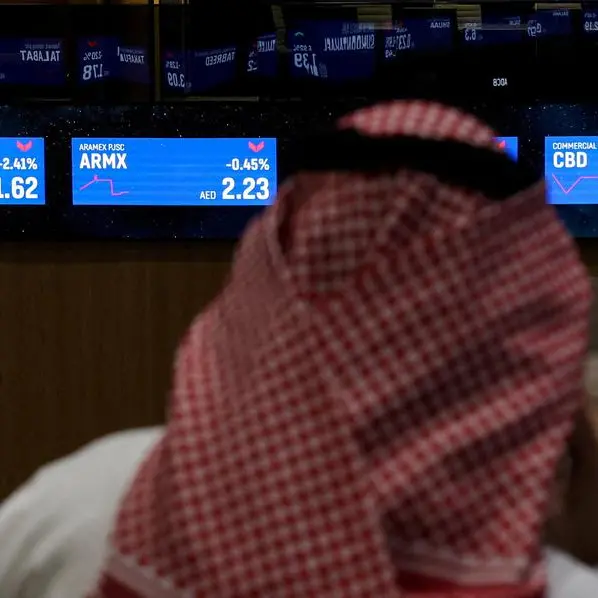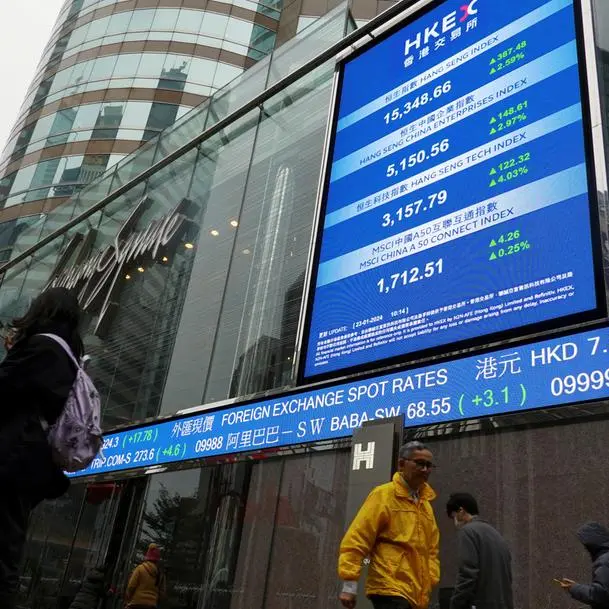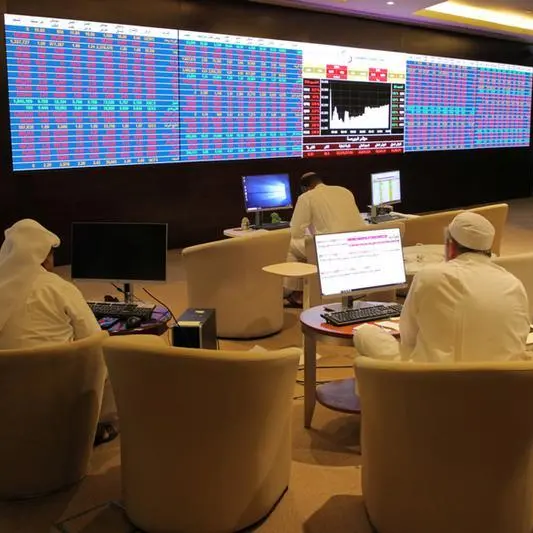PHOTO
Private equity assets under management dipped last year for the first time in at least two decades, and almost a quarter of the industry’s US$1.2trn in so-called ‘dry powder’ has been held for four years or more – showing the industry’s struggle to find attractive assets to buy.
Those are two of the findings in the latest annual report on private equity by consulting firm Bain & Co. The report said global buyout assets under management were US$4.7trn last year, down from US$4.8trn at the end of 2023, marking the first annual decline in Bain's data going back to 2005. Assets grew at an annual compound rate of 14% from 2015 to 2023.
Bain said fundraising was hard for many firms, as they have struggled to sell assets and return cash to investors. It estimated US$401bn was raised by the industry last year, down 23% from US$523bn in 2023 and the lowest annual tally since 2020.
The report said the slowdown wasn’t surprising, as fundraising is a lagging indicator that responds to industry cashflows, and a similar lull occurred after the global financial crisis in 2008.
“The heavy drawdowns of capital to feed the dealmaking beast in 2021 were followed by an abrupt skid in exit activity when interest rates spiked and dealmaking slumped,” said the report, led by Hugh MacArthur, chairman of global private equity for Bain.
Bain estimated the buyout industry’s dry powder – or stockpile of unspent capital – dipped to US$1.2trn last year from US$1.3trn in 2023, but within that, the amount that has been held for four years or longer was 24%, up from 20% in 2022.
“That suggests GPs (general partners) are struggling to find first-rate, affordable targets,” the report said.
The report said there was a moderate pickup in exits by buyout firms last year, lifting optimism that dealmaking had turned a corner after two grim years. The value of exits last year was US$468bn, up 34% from 2023 – albeit that had been the worst year for exits in a decade. There were 1,470 exit deals in 2024, up 22% from the year before, with rises in North America and Europe but broadly flat in Asia, where there was a significant decline in China.
Last year’s rise in exits was largely thanks to sponsor-to-sponsor deals, which totalled US$181bn, up 26% from the five-year average, Bain said. Sales to strategic or corporate buyers totalled US$261bn last year, down 27% from the five-year average. The value of IPO exits was US$26bn in 2024, representing just 6% of exits by value and down 46% from the five-year average.
“Many private investors view IPOs as the channel of last resort, relying on it only for assets that are too big to sell otherwise. Not only are IPOs a hassle but they extend the length of time to a full exit and risk swings in value,” the report said.
The value of last year’s exits was down from US$855bn in the boom year of 2021 and US$595bn in 2022, although comparable to levels from 2014–2020.
It means private equity firms are sitting on about US$3.6trn of unrealised value from about 29,000 companies they own, up from about US$2trn of unrealised value from 24,000 companies in 2020.
The median time for an exit by a buyout firm last year was 6.1 years, down from 6.6 years in 2023 but up from 5.3 years in 2020, the report estimated.
Bain said the outlook for a pickup in dealmaking is positive, but clouded by uncertainty at the start of this year around trade policy, inflation and interest rates.
“The industry is certainly anxious to make deals, but the year’s early slowdown in M&A activity globally suggests that the dreaded U word (uncertainty) continues to keep markets on edge,” the report said. “With inflation and interest rates in the balance, investors are looking for clarity amid back-and-forth signals regarding tariffs and other macro issues.
“But the consensus among economists is that, absent black swans, the cyclical headwinds that have held back dealmaking since mid-2022 should continue to moderate and give dealmakers a push,” the report said.
Source: IFR





















